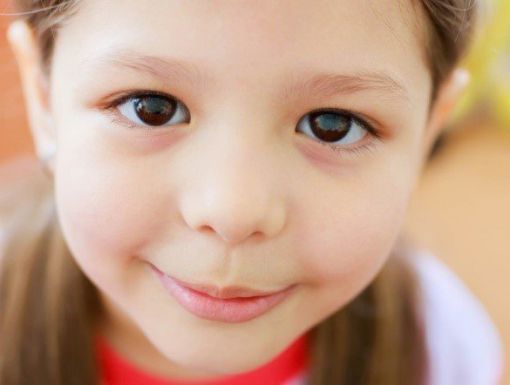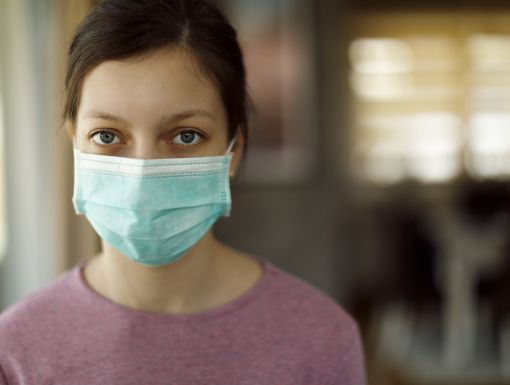
What Are Side Effects of the COVID-19 Vaccine for Kids?
(Update, effective May 6, 2022: Ochsner Health COVID-19 vaccination locations, including hospital, clinic and community sites, are halting administration of the Johnson & Johnson (J&J) vaccine, effective Friday, May 6, 2022. Pfizer and Moderna vaccinations, which have full FDA approval, continue to be available to patients. Ochsner’s pause on the administration of J&J was made out of an abundance of caution following guidance from the FDA, which notes very rare but potentially serious side effects.)
Any type of medical treatment administered to young children can make parents nervous, even something as innocuous as receiving a vaccine recommended by doctors. Moreover, most kids are not fond of having a needle jabbed in their arms.
That’s why the ballyhooed results of clinical trials indicating that Pfizer’s COVID-19 vaccine is safe and well-tolerated by children ages 5-11 should be good news for parents who are anxious about their young children being back in school this fall while the virus lurks on campuses.
Side effects among the more than 2,000 kids tested during the trial period were relatively mild and similar to those experienced by adults and adolescents. And the vaccine was effective in preventing the virus among the youngsters tested, the drug maker said.
Who is eligible, who is not
Adolescents as young as 12 were made eligible to be vaccinated against COVID-19 in May. However, younger children aren't eligible yet, leaving millions of elementary school-age kids vulnerable.
While youngsters who get COVID-19 face a much lower risk of severe disease, the number of kids testing positive for the virus has risen sharply. Children made up about a quarter of the reported cases for the week ending Aug. 26. Nearly 226,000 children were diagnosed with COVID-19 in the United States during the week ending Sept. 16, 2021. The surging number of cases is a clarion call to researchers tasked with finding a safe way to inoculate children.
Pfizer submitted an emergency use authorization request to the Food and Drug Administration on Oct. 7 for the vaccine for the 5-11 age group. The FDA is expected to take at least several weeks to analyze the data before deciding whether to grant the drug maker’s request. If and when it does, those young kids would be eligible for what researchers say is an age-appropriate dose of the vaccine.
That, of course, would raise a new set of questions related to side effects, dosage size and the like.
Side effects
The clinical trials on the effectiveness and safety of the vaccine for young children were conducted by Pfizer. The study included 2,268 participants 5 to 12 years of age.
Participants were given a two-dose regimen of 10 micrograms of the vaccine, about one third the amount used for people 12 and over. The smaller doses given to the younger age group produced antibody responses that were comparable to those seen in a study of people 16 to 25 who received full doses. The vaccine caused similar side effects to those seen in adults. They included arm soreness, fatigue and low-grade fever.
In a news release, Pfizer said the data gleaned from the trial indicates the low-dose vaccine is safe and prompted a "well tolerated" and "robust" antibody response among the participants in the 5-11 target group.
What’s next
After completely analyzing the trial data, Pfizer submitted the results to the FDA for review in hopes of receiving emergency use authorization. That authorization would allow the vaccine to be administered to the 5-11 age group.
The FDA has said it is poised to work around the clock to review emergency use applications from the drug makers. The agency could not offer a timeline but said in early September it hoped that the vaccine would be available for young children “in the coming months.”
It’s important for parents of young children to know that despite the positive results of the Pfizer clinical trials, they should not jump the gun in seeking vaccinations for those under 12. The more potent vaccines currently available, which contain 30 micrograms, have not been cleared for children in the 5-11 age group. The more potent shots on younger children and may not be safe for them.
The Pfizer vaccine is the only COVID vaccine available to Americans under 18. This summer, drug maker Moderna submitted data to the FDA, seeking emergency authorization to use its COVID vaccine in adolescents ages 12 to 17.
Pfizer said it could release vaccine trial results for children under 5 years later this year.


